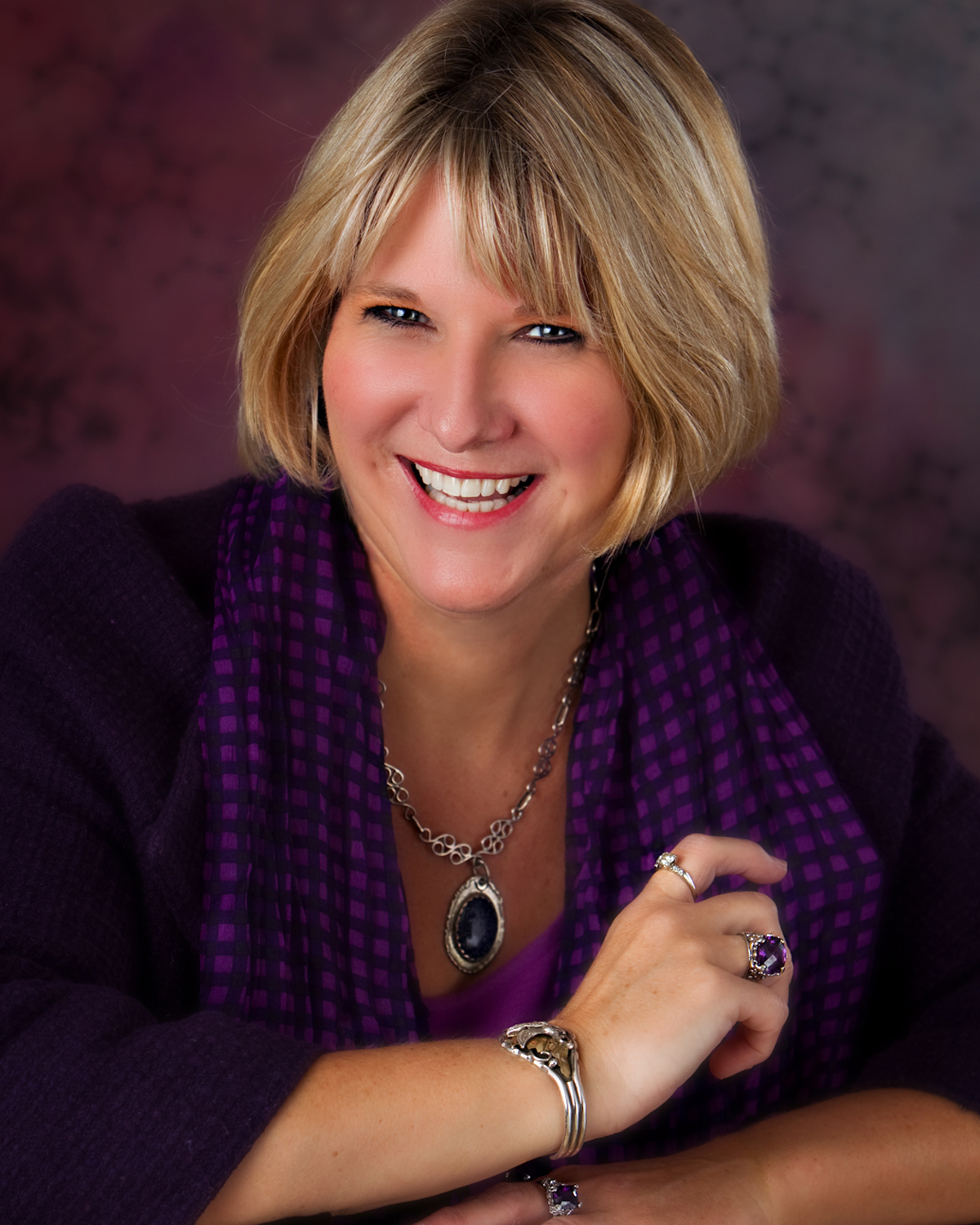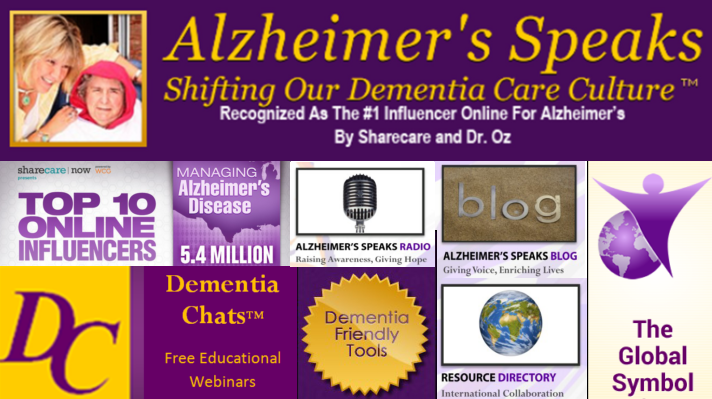Survey On Dementia Efforts – Grassroots & Medical Models
Survey On Dementia Efforts –
Grassroots & Medical/Academic Models
I am interested in learning more about what and how people are trying to improve our dementia care culture. If you could please take a few minutes to answer the following polls I would very much appreciate hearing from you. All information shared will be made public immediately for your review as well.
Polls will remain open for one week
Thank you in advance for you assistance.
Please make any additional comments in the comment section at the very bottom of this post.
Thank you for your time and energy to help us pull data together on this issue.




I think it’s possible for them to work together, but from what I’ve seen, grassroots dementia advocates and medical/academic advocates tend to travel in different circles, and the latter might not have much respect for the former because we are not “trained” in dementia care.
Thank you for you input Martha. It is will interesting to see everyone’s opinions!
Lori
Because Purple Angel was contrived by a person with dementia and a carer it can hugely contribute to academic and medical change. Purple Angel works together with all to enhance the lives of people with dementia and academics/medics are looking for answers too about the best practices. Experiences are many within the different disease processes and if evidence can be gathered from the floor upwards then we all know we tread the same path! Purple Angel is working with people with dementia foremost; care partners and families; hospital staff; academics; shopkeepers and business community; children and care homes etc. If we all pool our resources we have a chance to change the outcome for people with dementia. It’s already happening!
Thank you for your comments Jane. The purple Angel is a perfect example of a grassroots model making an international impact!
Keep up the great work.
Lori
Yes Lori, I do feel that they can work together. But before that can happen, we need the health care professionals to put their arrogance and wealth of book knowledge in their back pockets. Its time for them to sit and listen to the patient’s and their caregiver’s and learn what living with Dementia is really like. I again have sat down with a respected Neurologist and not once in 3 meetings did she validate anything I had to say. Nor did she give full disclosure of my test results. I did not fit into her box of what Alzheimer’s is, so I’m left to muddle my way not knowing what is wrong with me. Its time that the health professionals stop and listen. As you are well aware, we the patients are the real experts.
Thank you so much for taking the time to comment Steve. Your opinions are important and I thank you for sharing them with us.
Lori
I have spent the last several years trying to align the two. I think that we can move forward together, but in addition to the above concerns I must add the huge financial and political influences that medicalize and stigmatize people living with dementia in our society. The invalidation of people with dementia goes way beyond doctors and other professionals to advocacy organizations and the media. Add to this the societal forces of ageism and able-ism, plus a community structure unable to support an aging population, and we have a big challenge ahead. I have a new book coming out next month in which I hope to take this discussion to a new level and propose a more unifying framework for support and care.
Keep up the good work, Lori!!
Hi Al
Thanks so much for responding. Your points are so well taken. I really look forward to your book coming out and would love to have you on the radio show again to talk about it. If you would like to share the title of your book, I’d be glad to let people know it’s coming out. I’m speaking in PA in Oct on this topic and I’d love to have a copy to showcase there, as well as others presentations. Next week I’m meeting with WI where there is massive push for collaboration to create dementia friendly communities. Thanks again for taking the time to write. I look forward to hearing more about your book! Your work is truly making a difference around the globe.
Lori
Sure, I think both sides are interested in collaborating, and sometimes do, but agree as has been previously mentioned that they tend to live in different silos. A lot of the interesting academic work is coming from the social work/nursing/palliative care fields, those out in the trenches (home) where the majority of dementia care takes place. But grassroots initiatives can often be implemented faster. I do believe that both camps face the same hurdles Dr. Power points out, and share the same goals. Good ideas come from all directions — and luckily so, as they are needed.
HI Paula
Thank you so much for your comments. You put things into a nice perspective. Keep up the great work you are doing. Ad for those that are not familiar with Paula’s book it is a must read. Our Memory Cafe members loved it! Most went out and bought their own copy, some an extra one for a friend. The book is called Surviving Alzheimer’s.
Lori
Lori
thx for the kind words, Lori
Hey Lori,
The book is now available! It’s called “Dementia Beyond Disease: Enhancing Well-Being.” (www.healthpropress.com, or at Amazon.com).
Let me know a good address and I’ll get a promo copy sent to you.
Would love to be on your show again!
Al
HI Al
I will send you an email. I’d love to have you on the show and to get a promo copy of the book. This will be another fantastic book by Al, so put it on your list to order today.
Lori